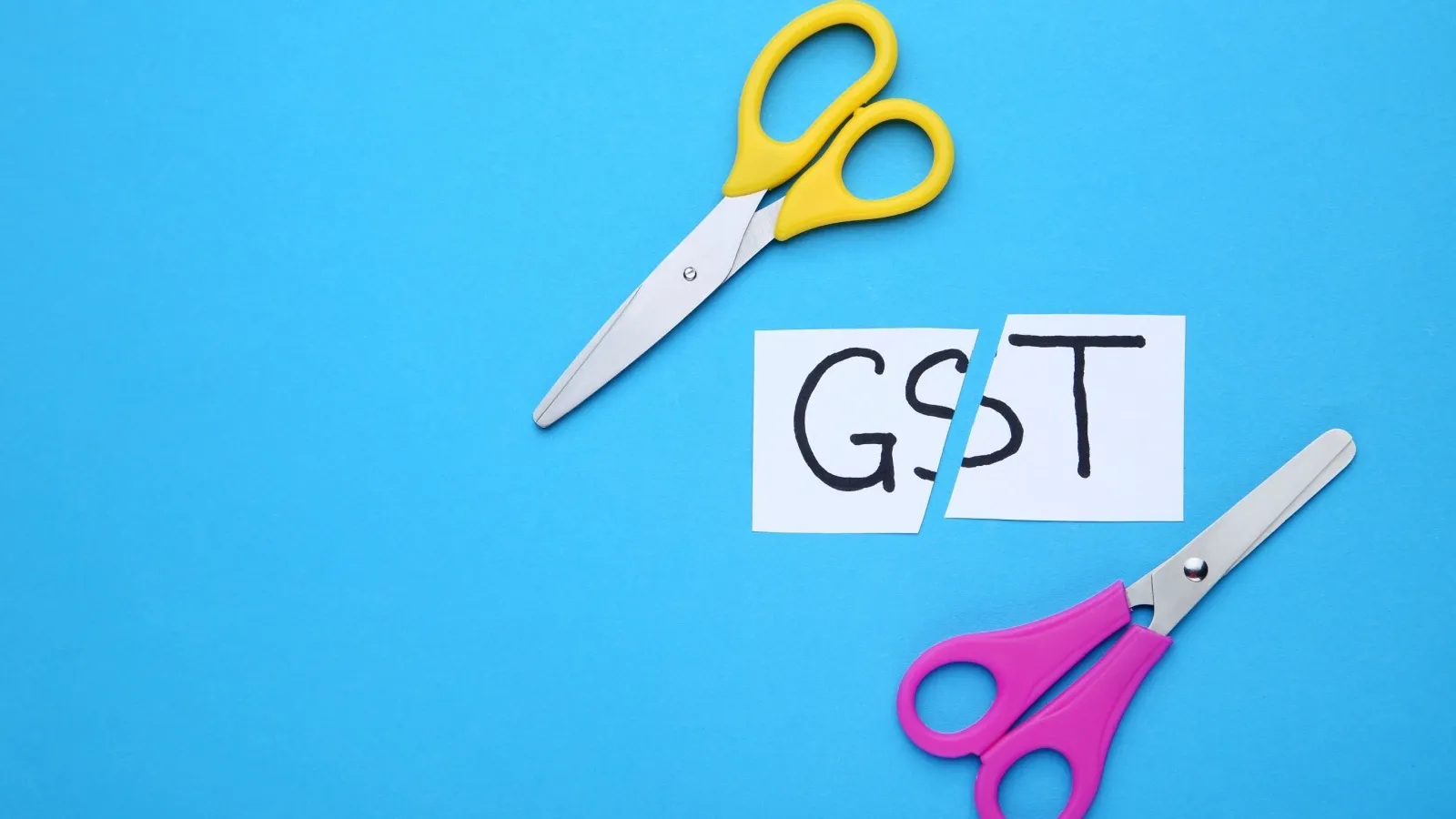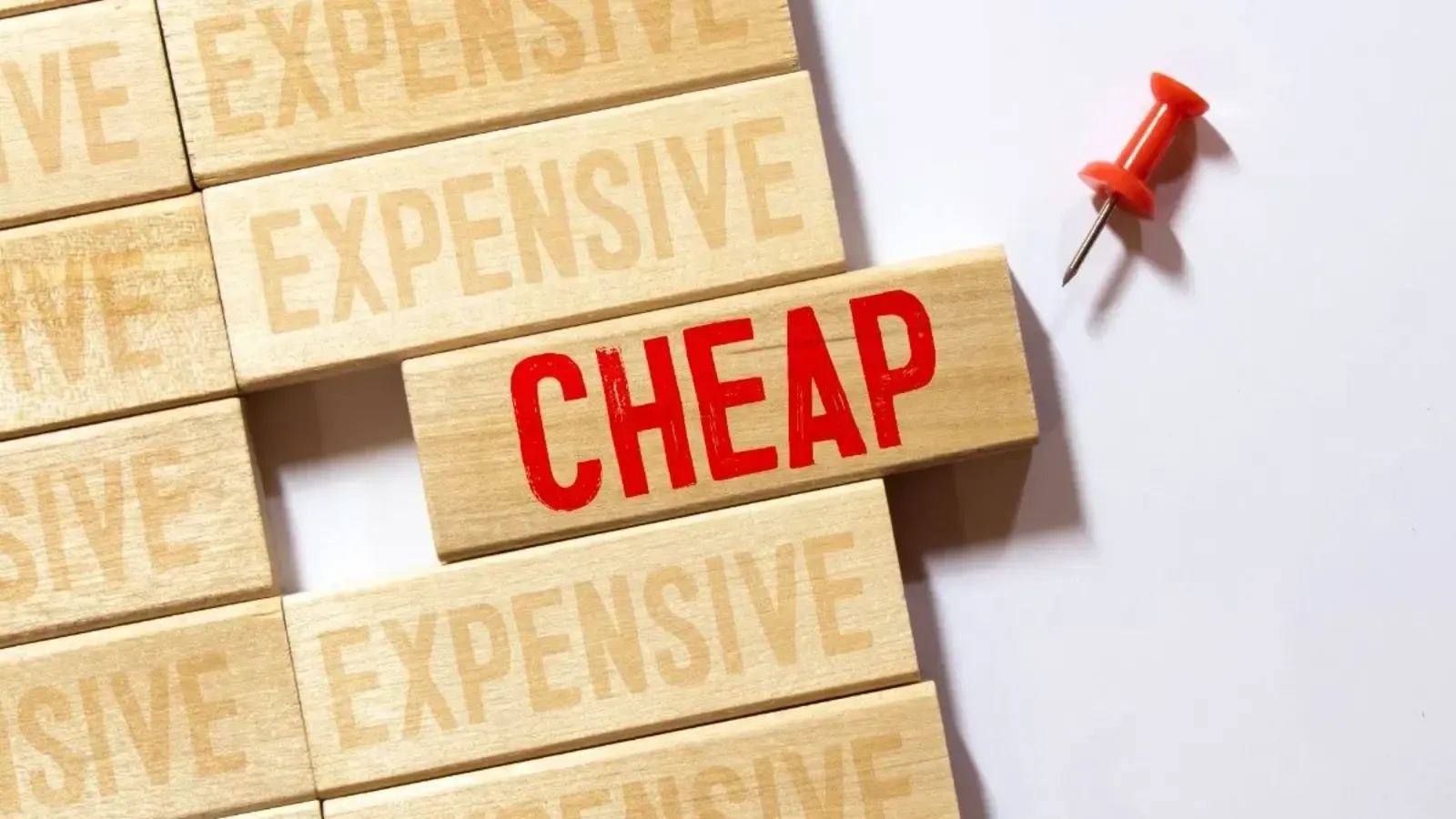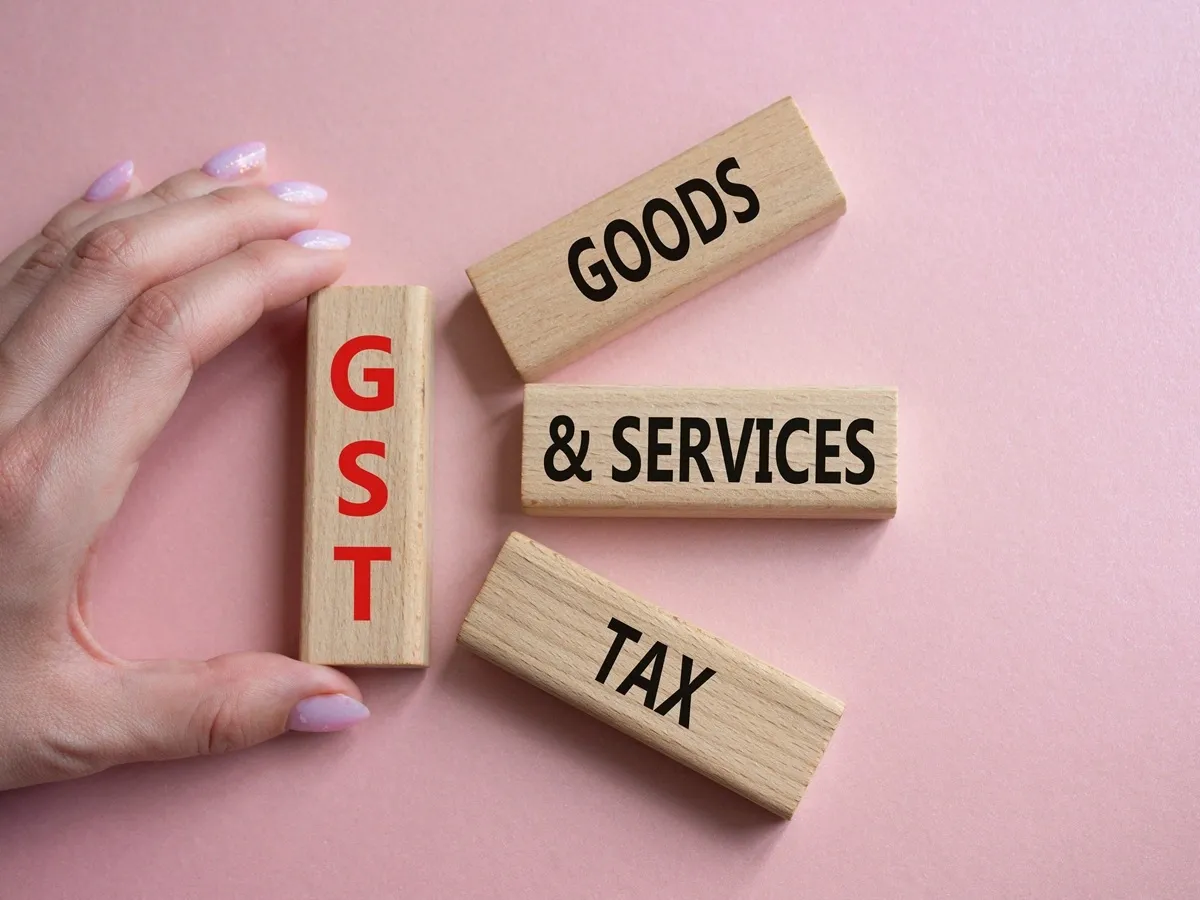Personal Finance News
New GST rate cut FAQs: What insurance services attract 0% GST, tax on car leasing, hotels and more

5 min read | Updated on September 16, 2025, 17:53 IST
SUMMARY
The 56th GST Council, headed by Union Finance Minister Nirmala Sitharaman, approved a significant overhaul of the GST structure, cutting down the four-tiered regime into just two slabs of 5% and 18%, and a special 40% tax slab for luxury and sin goods.

The GST council recommended a uniform GST rate of 5% on all types of drones.
Important FAQs
Services of individual health and life insurance, where the insured is not a group, will be included in the exemption granted to the insurance sector. “When these services are provided to an individual, or to an individual with his/her family, the same will be exempted,” the release said.
This means that only individual life and health insurance policies are exempt, not group policies.
Currently, insurers claim Input Tax Credit (ITC) on many inputs and input services, including commissions, brokerage and reinsurance, etc. From these, reinsurance services will be exempted. Further, ITC of other input services will be reversed because the output services will be exempted, the finance ministry said.
In simple language, this means that insurance to individuals (life/health) is now GST-free, but insurers can’t claim GST credits on most of their expenses anymore. However, reinsurance is exempt.
For hotel rooms priced ₹7,500 or less per night, per room, the GST rate is 5%. However, on this, no Input Tax Credit (ITC) is allowed. Hotels can’t charge 18% with ITC for these rooms.
To understand this, know that when you stay in a hotel, the hotel can get some tax benefit called Input Tax Credit (ITC), which lets them reduce their GST liability by adjusting it with the GST they already paid on things like food, cleaning items or furniture. Now, for rooms below ₹7,500, the GST that you will have to pay would be 5% and the hotels can’t claim ITC.
Yes, the GST council recommended a uniform GST rate of 5% on all types of drones. Earlier, a GST of 28% was applicable on unmanned aircraft for personal use, while unmanned aircraft with digital camera/video camera recorders attracted 18% GST.
No, as per the recommendations of the GST council, service providers can now only charge 5% GST without the ITC rate on beauty and physical well-being services. This is mandatory, and they do not have the option to charge 18% with ITC on these services.
Car leasing services, with an operator (for example: driver), will now attract 5% GST with ITC of input services. “Suppliers of services of leasing/renting a car with an operator (for example, driver) will now have the option of charging 5% with ITC of input services in the same line of business or 18% with full ITC,” the release said.
Most leasing or rental services without an operator will be taxed at the same rate as applicable on the supply of like goods. This means that if you lease or rent out without an operator, the GST rate is the same as if you were selling those goods. For example, if selling a car attracts 18% GST, then leasing/renting that car (without driver) will also be 18% GST.
No, the medicines already in shops don’t need to be recalled, re-labeled or re-stickered. However, companies will have to revise the Maximum Retail Price (MRP) of medicines and devices to reflect the new GST rate, and dealers and retailers will get a revised price list from the manufacturer.
This means that the consumers will see the old printed MRP on the packaging of the medicines, but the retailers will have to sell medicines as per the updated price list. The responsibility to ensure that the correct rates are charged will be on companies and retailers.
GST reforms
The Goods and Services Tax (GST) Council, earlier this month, introduced sweeping reforms of the indirect tax system, announcing several significant changes in the GST structure.
The Council approved a full revamp of the current GST structure with four GST slabs of 5%, 12%, 18% and 28%. Now, just two slabs of 5% and 18% will be implemented, and a special 40% tax slab will be introduced for luxury and sin goods, including high-end cars and yachts. These changes will come into effect on September 22.
As a major breather for the middle class, there will be no tax on many essential goods, and many everyday items will now attract 5% tax, down from 12%/18%.
Related News
By signing up you agree to Upstox’s Terms & Conditions
About The Author
Next Story



